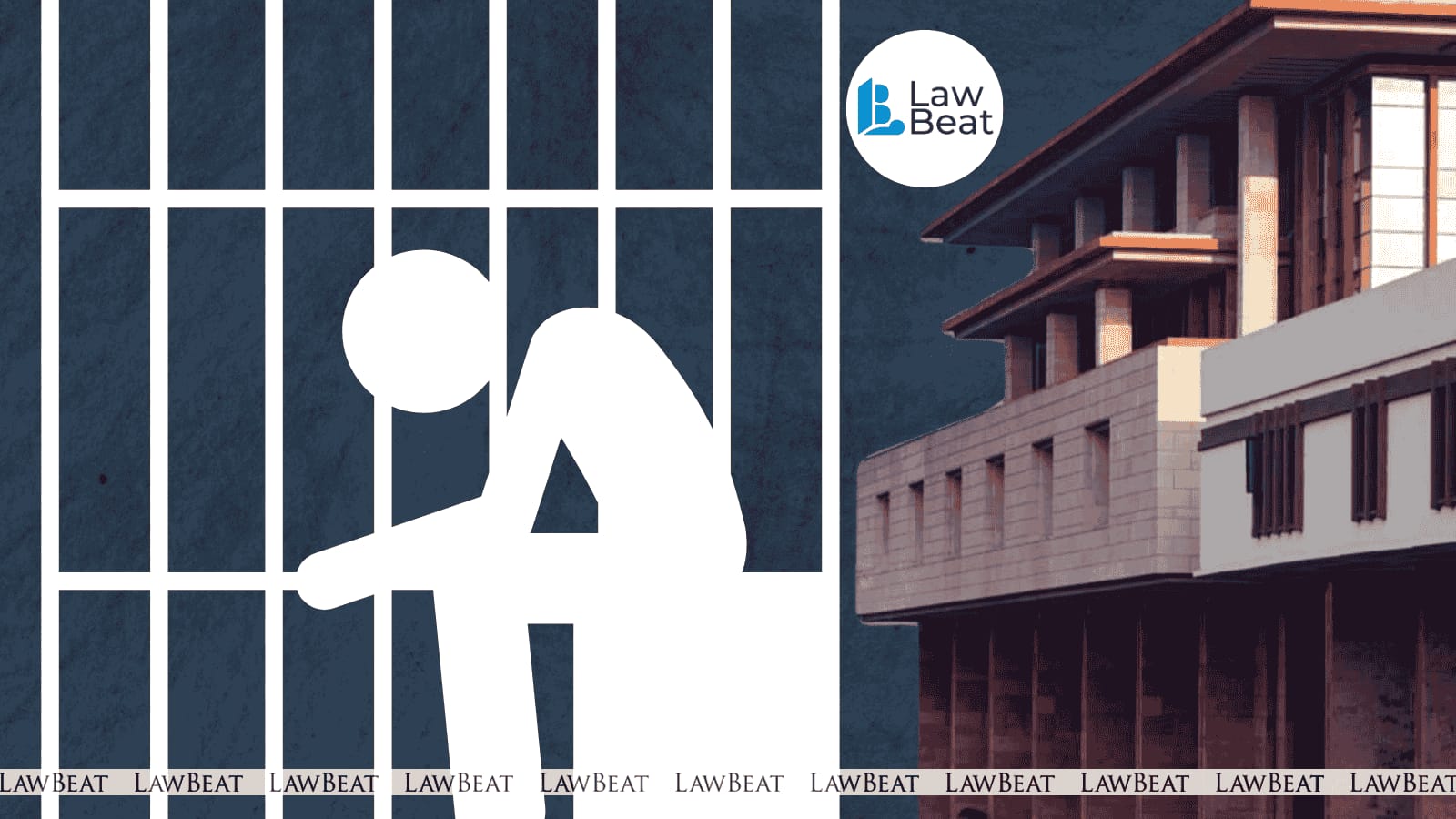Mere Confinement Does Not Bereft Convicts Of Their Fundamental Rights: Delhi HC

The court remarked that, “Parole is granted to establish social ties, which at least should have weighed with the Jail Authorities, to consider his Application of Parole. It is indeed a very unhappy situation where time and again the Petitioner is being pushed to approach the Court, for grant of Parole”.
The Delhi High Court, recently, reminded jail authorities that imprisonment does not deprive a convict of fundamental human rights. The court criticised the arbitrary denial of parole to a life convict, emphasising that even those serving sentences are entitled to dignity, fair treatment, and constitutional safeguards.
The bench of Justice Neena Bansal Krishna held, “Merely because he is confined to jail, does not reduce his status to that of a chattel, bereft of any basic Fundamental Human Rights. It is high time that the Jail Authorities demonstrate a little more sensitivity in dealing with such matters”.
These observations were made in a petition filed by Mohd. Sheikh Noor Hussain, serving a life sentence under Sections 302 and 376(2)(f) IPC, seeking four weeks' parole. Represented by Advocate Zeeshan Diwan, he stated that his parole application, submitted on 26th November 2024, remained undecided, and no copy was provided for annexation.
Having no other remedy, he approached the Court. He had previously availed parole and furlough without misuse, except for delayed surrender during COVID-19, which was already considered in a prior plea where parole was granted in January 2024. He maintained good conduct in jail, was employed as a Safai Sahayak, and had no further infractions. Belonging to an economically weaker family, he intended to stay at the address in the memo of parties and comply with all conditions. He sought parole to maintain family and social ties. The respondent filed a status report and rejection order dated 15th April 2025.
The court observed that although the petitioner applied for parole in November 2024, the application was not decided within the mandated one-month period. Instead, the authorities acted only after the writ petition was filed and notice was issued by the court. The court criticised the arbitrary manner in which the parole application was rejected.
The court remarked, “The most glaring aspect which emerges is that despite an Application for Parole being filed in November, 2024, it does not get decided within the mandated one month period but it takes a Writ Petition and a Notice by this Court for the Jail Authorities, to decide a Petition and that too in the most arbitrary way, only because of this present Writ Petition”.
One of the reasons cited for rejection was the late surrender after emergency parole. The court noted that this ground had already been considered and set aside in its previous order dated 29th January 2024. It held that the repeated reliance on the same ground was unjustified and unwarranted, especially after judicial directions had already addressed the issue.
“The Court has specifically observed that this is not a valid ground for denying Parole, the insistence to persist in making this as a ground of rejection of Parole every time compelling the Petitioner to come to the Court, is neither warranted nor appreciated”, the court observed.
Another ground cited was the petitioner’s unsatisfactory conduct, with reference to a suicide attempt on 8th September 2022. The court emphasised that such an incident indicated mental distress and should have prompted concern for his mental health. Instead, the authorities treated it as misconduct and issued a warning, reflecting a lack of sensitivity on their part.
Finally, the court stressed that even though the petitioner had been convicted, he continued to possess fundamental rights, including the right to life and dignity. “It cannot be overlooked that he has been in jail for more than 20 years; may be for a crime that he has committed but that does not denude him of his basic Right to Life”, the court added.
The rejection order also noted that the request for parole to arrange funds and repair his house was generic and did not meet the criteria for exceptional circumstances. However, the court opined that the authorities should have made an effort to verify his reasons instead of dismissing them outright.
The court further opined, “while considering the Parole/Furlough Applications, the same ground should not be repeatedly reiterated for rejection of Parole/Furlough Application”. Accordingly, the court allowed the application and granted him parole for four weeks.
For Petitioner: Advocate Zeeshan Diwan
For State: Additional Standing Counsel Rahul Tyagi with Advocate Mathew M. Philip, Sangeet Sibou and Aniket Kumar Singh
Case Title: Mohd Sheikh Noor Hussain v State (W.P.(CRL) 979/2025)
